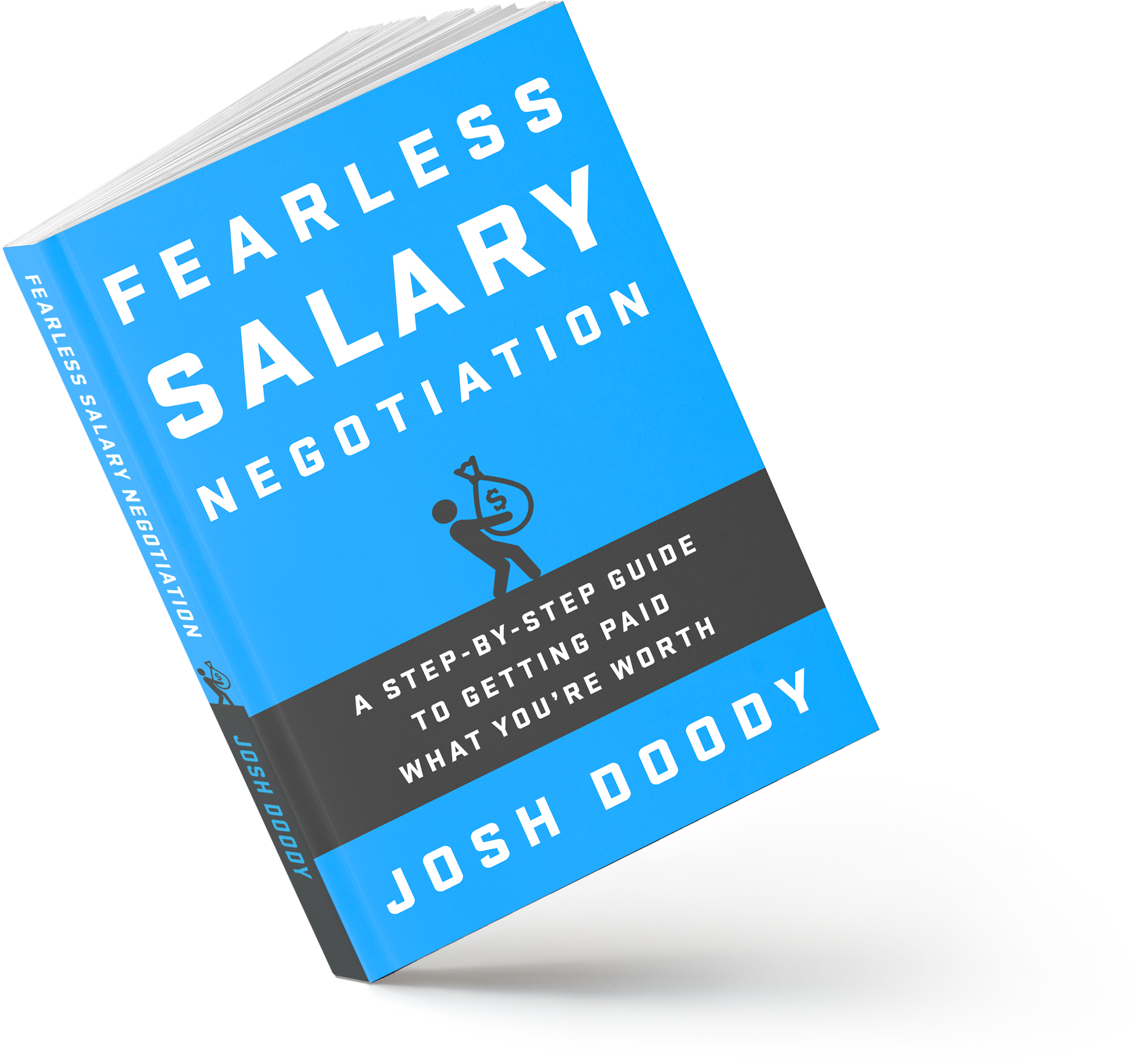
When you should pursue a promotion along with a raise
If your current job caps your pay, you may need to pursue a promotion
How to know if your current job can't pay enough for you to get a big raise, and what you can do about that.

How to know if your current job can't pay enough for you to get a big raise, and what you can do about that.
It’s possible you should actually be pursuing a promotion because the salary you requested is above the top of your current pay grade. Your manager may tell you this explicitly—”That raise would put you above the top of your pay grade”—or implicitly—“That would move you higher than most of your peers.” Either of these responses may mean that your best opportunity to keep things moving forward may be to pursue a promotion.
This can also happen when the market data you found doesn’t distinguish between levels of a position (Project Manager I, Project Manager II, etc.) in the same way as your company. Your research may indicate the midpoint for your job in your industry is $50,000, but maybe your company has split that job into two tiers—Junior and Senior. Moving up to $50,000 may move you above the top of the “Junior” pay grade, while it would leave you below the midpoint for the “Senior” pay grade. You may need to pursue a promotion to move yourself into a higher pay grade so that you have more room to increase your salary closer to the market midpoint.

I'm Josh Doody, a professional salary negotiation coach who helps High Earners negotiate their job offers. On average, High Earners improve their first-year compensation by $48,492 with my help.